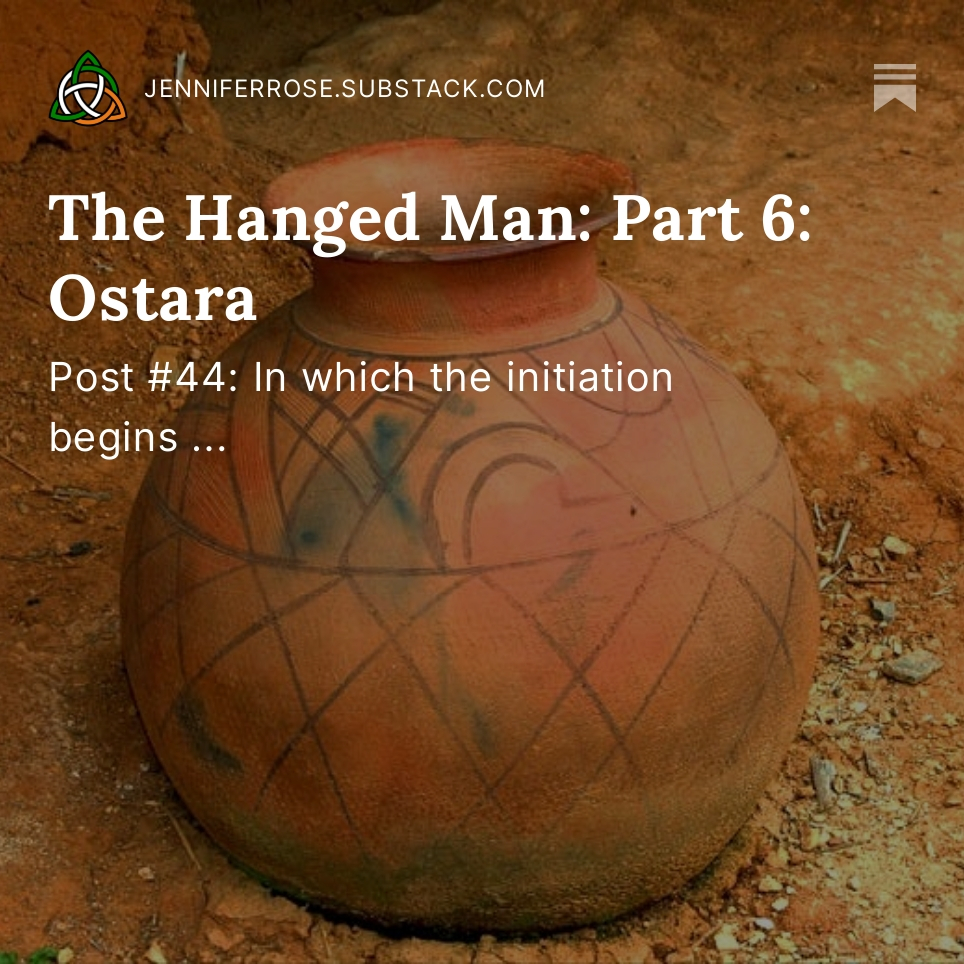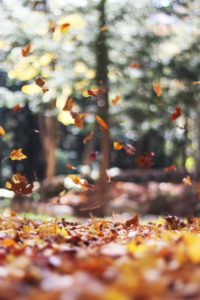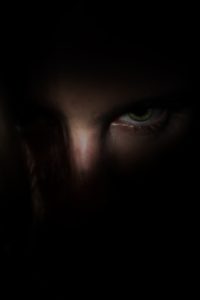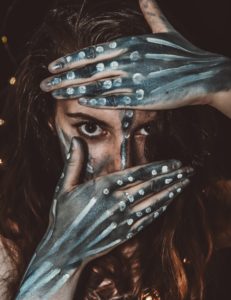I’ve been sick for the last week. Not COVID, just a heavy cold, likely acquired from one of my giggling, spluttering, young swim students.
To be sick is to be in an alternate reality. Life goes on outside my windows. The neighbors come and go. The mail comes. They’ve been paving streets in the neighborhood. It’s rained. I’ve watched leaves falling and wished I felt well enough to go out and rake them into my garden beds. I’ve missed being out in the world. I’ve missed work. I’ve missed my friends. I’ve missed swimming and exercising.
I’ve had a lot of time to read, and to think. I follow a writer on Substack, Jessica Dore. She writes about the Tarot, myth, and story, and I rarely read her without new insight and perspective on my own work in these subjects. In one of her recent posts, she explores an old story dealing with wounds, suggesting there may be wisdom in “letting the wound live.” Culturally, we are focused on healing, on fixing, on freeing ourselves and others from pain. Allowing wounds to stay open is a challenging and uncomfortable idea, but some part of me senses wisdom may indeed lie within it.
I’ve been thinking about letting wounds live as I surrender to whatever virus is operating in my system right now. Not thinking logically and linearly, but allowing it to float and drift through my mind, making tenuous connections with other things I’m reading, old memories, half-waking dreams as I cat nap on the couch.
Another idea I’ve come across lately is turning weaknesses into strengths. This is my favorite kind of alchemy. I’ve always considered my wounds to be weaknesses. Could they be strengths?
We moved in May, and I’m still figuring out how best to fit my furniture into my space. I bought myself a badly-needed new mattress and a high bedframe to hold it. High because I have no closet in my bedroom and I want to store clothes under my bed. Love the mattress, love the frame, but the bed is now so high (I feel like the princess and the pea on top of twenty mattresses!) my bedside table is ridiculously low and inadequate. I had to lean out of bed to use it.
I have a tall wicker basket with a hinged lid. When I was a child my brother and I used it as a laundry hamper. I’ve taken it with me from place to place all my life. It’s the perfect height for my bedside table, nice and roomy on top, storage inside.
I have an old wound connected with that basket.
When I was about nine years old we lived in a big house in the Colorado mountains in a very small town. My brother and I had a playroom, a bedroom each, and a bathroom downstairs in the finished basement. The wicker hamper lived in our bathroom next to the tub/shower.
I was a fearful child, terrified of the dark, constantly anxious, with a vivid (fervid?) imagination. One evening I went in the bathroom, shed my dirty clothes and put them in the hamper, and took a bath. All was well (what’s better than a hot bath and a book?) until the tub was filled and I turned the water off.
The hamper creaked. Then it cracked. Then it skritched. Long silences in between noises. I had never noticed this before, and I was immediately terrified. All the unnamed, half-understood fears in my young heart coalesced into the utter certainty there was a monster in that hamper, and my life depended on escaping its notice.
I froze, my book clutched in my fingers. I didn’t dare read because I was afraid of the whisper of turning a page. I didn’t dare move. The door was closed. My parents were far, far away upstairs. I got cold, and then colder. Reaching for the hot water tap was out of the question. I’d have died first.
The hamper creaked, and cracked, and skritched.
Eventually, what seemed like hours later but was probably much less than that, although the water was unpleasantly cool by then, my mom came to check on me and found me there, fixed in place with a terror I could not adequately express. That was the problem. If I’d been able to talk about my fears they likely wouldn’t have been so overwhelming.
I’ve never forgotten that evening, and how real and visceral my terror was. I knew, I knew some dark and deadly horror crouched in that hamper, listening, scenting prey, slobbering, waiting to pounce. I knew there was no help for me. No one would hear. No one would protect me.
In spite of that old trauma, I’ve always loved the wicker hamper. It still creaks and cracks with temperature change and use, but it strikes me as friendly now, rather than sinister.
An old traumatic wound. It joined others wounds made by the claws of fear. I’ve written before about my fear of the dark, which haunted me for the first three decades of my life. Fear of uncertainty. Fear of disappointing others. Fear of scarcity. Fear of the adult world I could not possibly understand. Fear of abandonment.
Fear is an old and loyal companion.
How could it possibly be a strength? Surely nothing is quite so pathetically weak as constant fear?
As I was pondering this, I came across a poem by Rainer Maria Rilke, one of my favorite poets, translated by another of my favorite poets:
You Darkness
You darkness from which I come,
I love you more than all the fires
that fence out the world,
for the fire makes a circle
for everyone
so that no one sees you anymore.
But darkness holds it all:
the shape and the flame,
the animal and myself,
how it holds them,
all powers, all sight –
and it is possible: its great strength
is breaking into my body.
I have faith in the night.
Translated by David Whyte.
Rilke understood darkness. So does Whyte. Poets. Writers.
Writers like me.
So much of my writing is about shadows and darkness, the hidden thing, the unspoken secret, the uncertain future, the truths nobody dares tell … until someone does. Someone like Pandora, who opened the box anyway. Someone who blows the whistle, blows the cover. Someone like Baba Yaga, or the child who said aloud, “the emperor has no clothes!”
I am surely not the only child of fear. Perhaps we all hold its hand, or perhaps some of us are more intimate with it than others. I don’t know. What I can sense is its paradoxical nature. Fear defines courage. How often does it define, at least in part, art? Think of Vincent Van Gogh, for example.
Fear defines courage. Yes. I believe that. Courage is strength. I believe that, too.
Then it must follow that fear is not weakness. Fear has wounded me, but it hasn’t made me weak. Rather the reverse.
If things had been different in my life, if I’d never felt the degree of fear I did and do, if somehow I’d found a way to heal myself of fear’s wounds and be free of it, I would not be the writer I am. I might still be a writer, a different kind of writer, but I would not have written The Webbd Wheel series or this blog.
All my work and much of my empathy are rooted in the compost of living, breathing, bleeding fear and the wounds it’s torn in my psyche. Fecund wounds. What a strange idea.
I leave you this week with a final thought from David Whyte:
… the place you would fall becomes
in falling
the place you are held.
From “Millennium”
To read my fiction, serially published free every week, go here: 
© 2022 – 2024, Jenny Rose. All rights reserved.



I have renamed fear as a mischievous elf who forces you to notice fantastic potentials. Then from that body reaction it has your notice and you may choose what to do with it.
I love it! Hard for me to be afraid of an elf! Thank you, Kim.